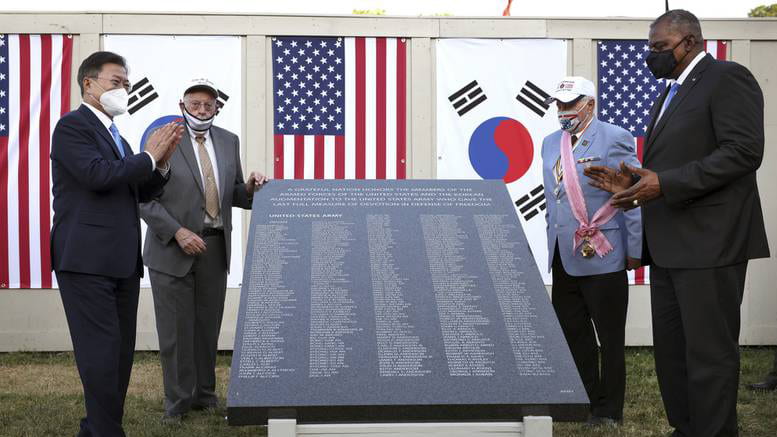Associate professor of history Ji-Yeon Yuh recently published an op-ed in the Chicago Tribune where she discusses the impacts of the ongoing war in Korea.
The United States and North Korea signed an armistice to end military activities on July 27, 1953, but have yet to officially end hostilities. According to Yuh, the lack of closure on both sides has had resounding effects on diplomacy between the two nations and on victims of the war who have been displaced.
“For our own future as Americans, we need stable, lasting peace in Korea,” Professor Yuh writes. “The United States can take the lead by negotiating a peace agreement and normalizing relations with North Korea. Once military attacks are no longer a constant threat, America, North Korea and South Korea can focus on the essential business of strengthening ties for mutual nuclear deterrence and economic prosperity.”
During the Korean War, an estimated three million people died and hundreds of thousands of family members were separated.
On July 27 of this year, Professor Yuh along with hundreds of others traveled to Washington to celebrate the 69th anniversary of the armistice signing. However, Yuh argues that the United States needs to acknowledge the tragedy in more productive ways to move forward from this chapter of history.
“Recognizing civilian survivors in our midst — people like my parents — would also help everyone move toward the restorative closure necessary for peace to last.”
Read more in the Chicago Tribune’s article, “Ji-Yeon Yuh: It’s time to remember the civilian survivors of the unresolved Korean War.”

